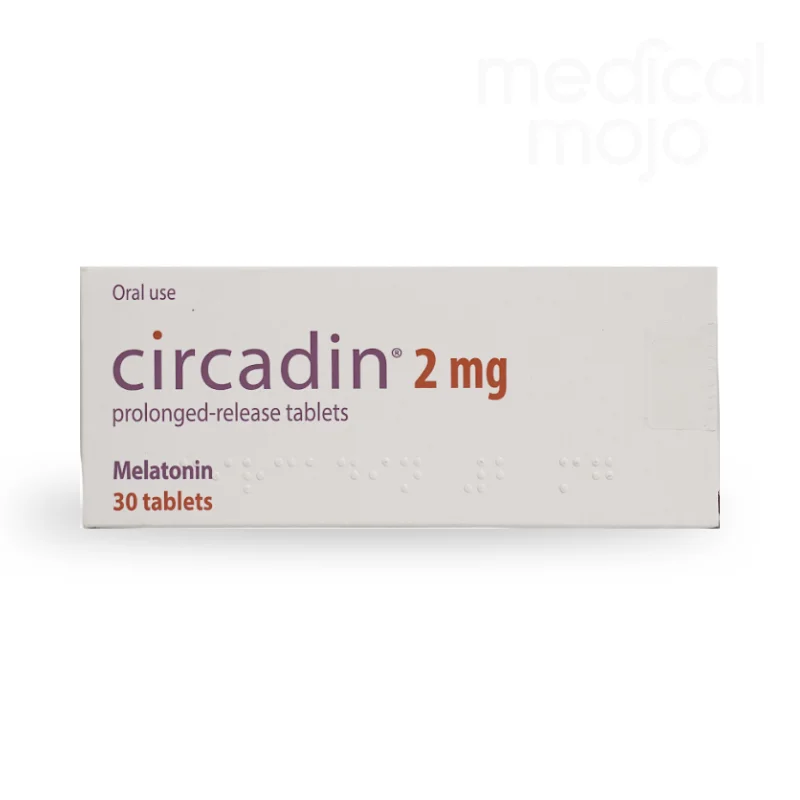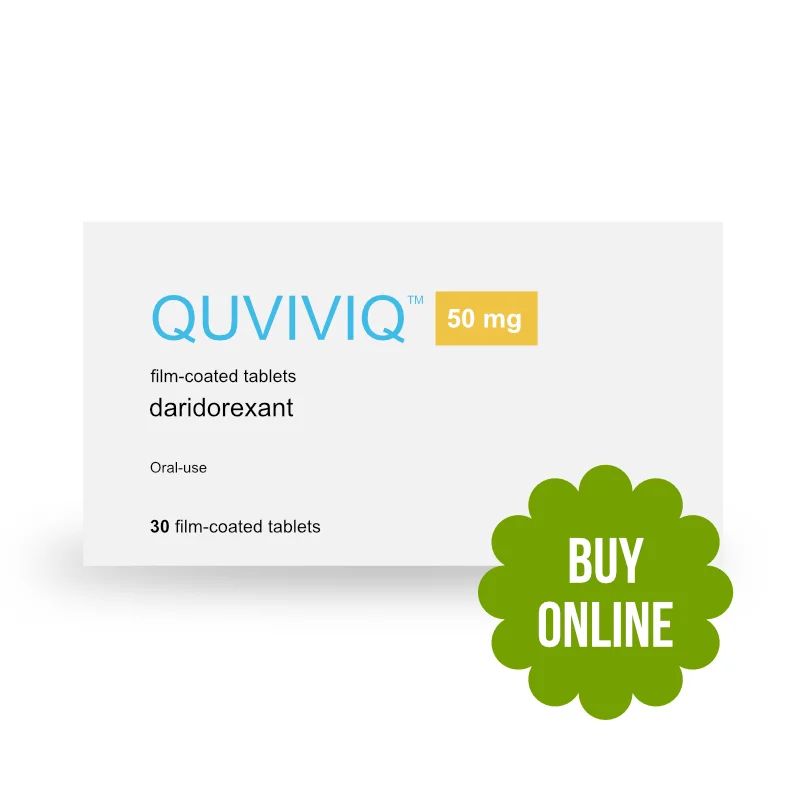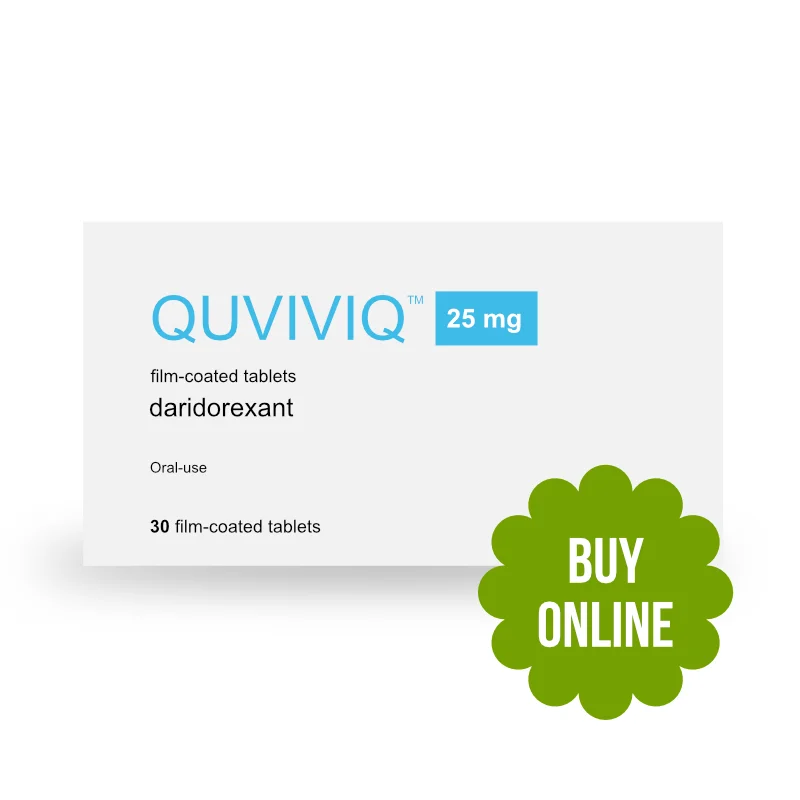What is Circadin?
The active ingredient in Circadin is melatonin, a hormone naturally produced by the body. Melatonin plays a key role in regulating the sleep-wake cycle, helping to signal to your body when it’s time to sleep.
Circadin is a prescription medication that contains melatonin. It is used to help manage sleep disorders, particularly in adults aged 55 and older, by improving the onset and quality of sleep.
What is the active ingredient in Circadin?
Each prolonged-release tablet contains 2 mg melatonin.
What is Circadin used for?
Circadin is used as a standalone treatment for short-term management of primary insomnia in patients aged 55 and older. Primary insomnia refers to persistent difficulties in falling asleep, staying asleep, or experiencing poor quality sleep without any identifiable cause, such as medical, psychological, or environmental factors.
How do you use Circadin?
Always use this medication exactly as directed by your doctor or pharmacist. If you are uncertain, consult your doctor or pharmacist for clarification.
The recommended dosage is one Circadin tablet (2 mg) taken orally each day, after food, 1-2 hours before bedtime. This dosage can be continued for up to thirteen weeks. Swallow the tablet whole—do not crush or split it.
If you take more Circadin than prescribed: If you accidentally take more than the recommended dose, contact your doctor or pharmacist immediately. Exceeding the recommended dose may cause increased drowsiness.
If you forget to take Circadin: If you miss a dose, take it as soon as you remember before going to sleep, or skip it if it's close to your next scheduled dose. Do not take a double dose to make up for the missed one.
If you stop taking Circadin: There are no known harmful effects if you stop treatment or discontinue it earlier than planned. Circadin does not cause withdrawal symptoms after the treatment period ends.
If you have any further questions about using this medication, consult your doctor or pharmacist.
Does Circadin interact with other medicines?
Inform your doctor or pharmacist if you are currently taking, have recently taken, or may take any other medications. These include:
- Fluvoxamine (used for treating depression and obsessive-compulsive disorder), psoralens (for skin conditions like psoriasis), cimetidine (for stomach issues such as ulcers), quinolones and rifampicin (for bacterial infections), estrogens (used in contraceptives or hormone replacement therapy), and carbamazepine (used for epilepsy).
- Adrenergic agonists/antagonists (such as medications for controlling blood pressure, nasal decongestants, or blood pressure-lowering medicines), opiate agonists/antagonists (used in the treatment of drug addiction), prostaglandin inhibitors (such as nonsteroidal anti-inflammatory drugs), antidepressants, tryptophan, and alcohol.
- Benzodiazepines and non-benzodiazepine hypnotics (sleep-inducing medications like zaleplon, zolpidem, and zopiclone).
- Thioridazine (for treating schizophrenia) and imipramine (for treating depression).











